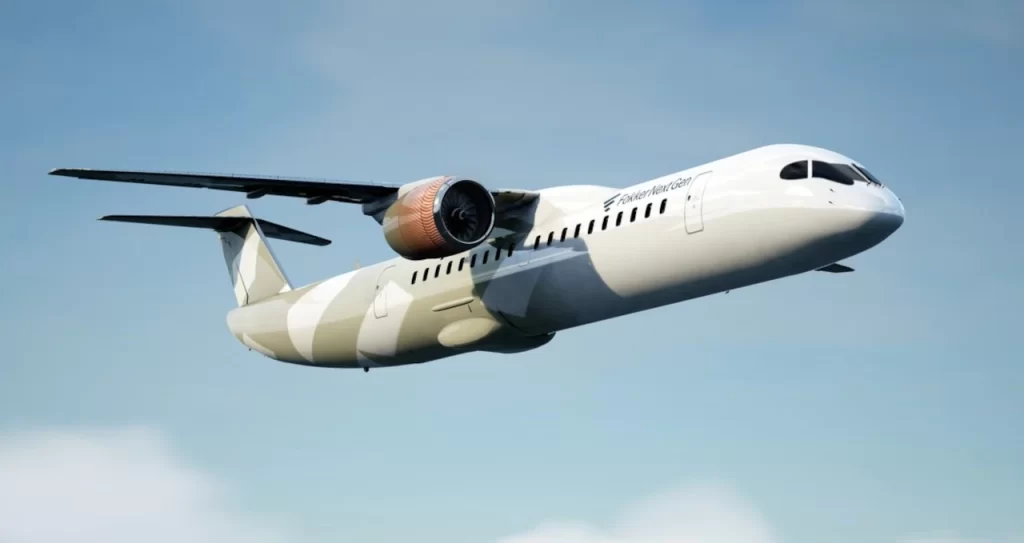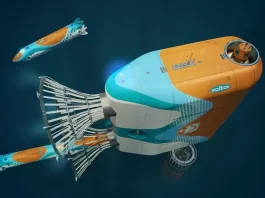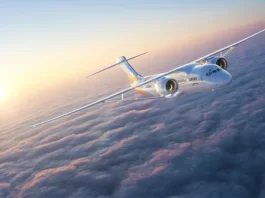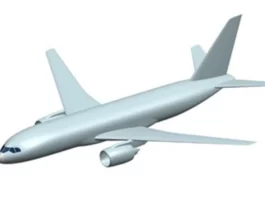Fokker Next Gen is exploring the possibility of temporarily converting a Boeing 777 into a testbed. This project is part of a consortium linked to the European Union’s Clean Aviation program, which focuses on developing future technologies for sustainable aviation. FlightGlobal recently published this information.
This transitional approach expedites the adoption of sustainable aviation, guaranteeing a more seamless transition to a more environmentally friendly future.
The Boeing 777, known for its reliability and capacity, will be used to test a variety of emerging technologies. These will include advancements in aerodynamics, advanced materials, environmental improvements, and innovations in flight controls and avionics systems. Converting these aircraft will allow these technologies to be evaluated under real flight conditions, accelerating their development and implementation in the aerospace industry.

The aircraft, designed from scratch by the manufacturer, will be a narrow-body jet capable of carrying 120 to 150 passengers with a range of 1,400 nautical miles which is about 2600 kilometers. Additionally, it will have a dual fuel system, allowing the use of liquid hydrogen and sustainable aviation fuel (SAF), or any other type of fuel. Its entry into service is scheduled for 2035.
The project is part of the EU’s Clean Aviation program, which brings together various industry and research entities to promote sustainable aviation. The collaboration between Fokker Next Gen and other consortium partners will leverage shared knowledge and resources, fostering innovation and sustainability in the sector.
The primary objective of the Fokker Next Gen aircraft is to operate on liquid hydrogen combustion (LH2). When pure hydrogen is combusted, the byproducts are oxygen and water. Consequently, a flight that is solely propelled by LH2 would emit zero CO2 during the flight. Liquid hydrogen that has been produced using one of the numerous zero-emission production methods, like green hydrogen, will yield a fuel that emits zero carbon dioxide.
In the same way as hybrid automobiles such as the Prius, which allowed drivers to make use of existing fuel infrastructure while using electric power, multi-fuel aircraft bridge the gap, enabling infrastructure to keep pace with the advancements in green technology.
Using the Boeing 777 as a flying testbed will allow Fokker Next Gen and its partners to evaluate new technologies that could significantly reduce emissions and improve the operational efficiency of commercial aircraft. This project is a crucial step towards cleaner and more efficient aviation, aligning with global environmental goals and future regulations.
The technologies to be tested include advanced flight control systems and lightweight materials, which can reduce fuel consumption and emissions. Additionally, new solutions for air traffic management and noise reduction will be explored, benefiting both airline operators and communities near airports.






